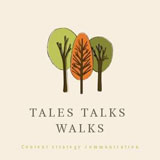Letters written on Tagore’s Purabi by Victoria Ocampo
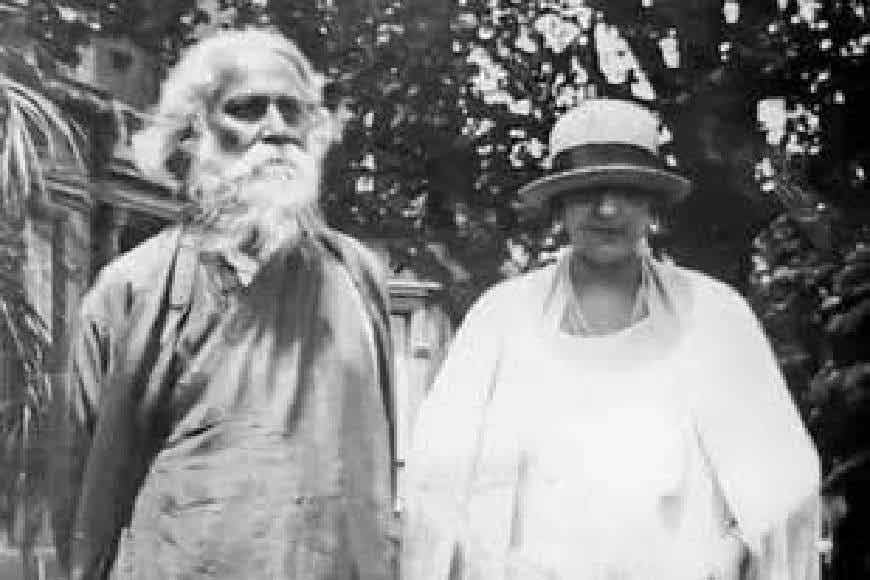
Rabindranath Tagore has his book of poems Purabi, published in the year 1925, a year after his famous meeting with Victoria Ocampo. Most of the poems of Purabi were written between 26th September 1924 and 24th January 1925 – recall that the bard arrived in Rio on 19th September and landed in Buenos Aires on 6th November. So Purabi was no doubt inspired by Argentina and specially Victoria whom Tagore called Vijaya. Tagore wrote in the dedication : ‘To Vijaya’s Lotus Hands.’ Purabi is an evening raga of Hindustani Classical Music signaling the onset of the dusk. How did the poet view this raga? To him Purabi is akin to the shedding of tears by a lonely homebound widow called evening. Why did Tagore associate melancholy with evening. He wrote in Aatma Katha Chhinna Patrabali in 1895:
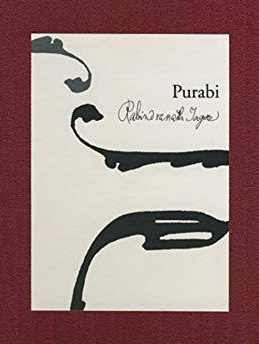 “We would often go on boat rides on the Padma at the sunset. Jyoti dada would play the violin to my tunes as we would transit from Purabi to Behaag, the golden disc on the western sky would have made way for the arrival of the silvery moon on the eastern horizon. Yesterday, when we were gradually returning on our boat in the midst of the golden dusk my heart was suddenly filled with violin rendition of the alaap of Purabi emanating from a distant invisible boat. My heart was entirely submerged within the intersection of the motionless river and the still sky. I felt there is nothing comparable to the tune of Purabi that epitomizes the astonishing and infinitely exquisite beauty of the dusk. This indeed was another facet of the marvel of creation. The enchanting raga of Purabi easily got enmeshed with the enigmatic charm of the evening tide. My inner self was satiated with this extraordinary unification of nature and melody.”
“We would often go on boat rides on the Padma at the sunset. Jyoti dada would play the violin to my tunes as we would transit from Purabi to Behaag, the golden disc on the western sky would have made way for the arrival of the silvery moon on the eastern horizon. Yesterday, when we were gradually returning on our boat in the midst of the golden dusk my heart was suddenly filled with violin rendition of the alaap of Purabi emanating from a distant invisible boat. My heart was entirely submerged within the intersection of the motionless river and the still sky. I felt there is nothing comparable to the tune of Purabi that epitomizes the astonishing and infinitely exquisite beauty of the dusk. This indeed was another facet of the marvel of creation. The enchanting raga of Purabi easily got enmeshed with the enigmatic charm of the evening tide. My inner self was satiated with this extraordinary unification of nature and melody.”
In a letter to Ocampo from Calcutta on 29th October 1925, almost a year after his trip to Buenos Aires, Tagore wrote:
“Dear Vijaya,
I am sending to you a Bengali book of poems which I wish I could place in your hands personally. I have dedicated it to you thought you will never be able to know what it contains --- a large number of poems in this book was written why I was in San Isidro. My readers will understand the poems but will never know who my Vijaya is. I hope this book will have the chance of larger time with you than its author had.”
Bhalobasha
Sri Rabindranath Thakur.
What did Ocampo think of Purabi? In her own words
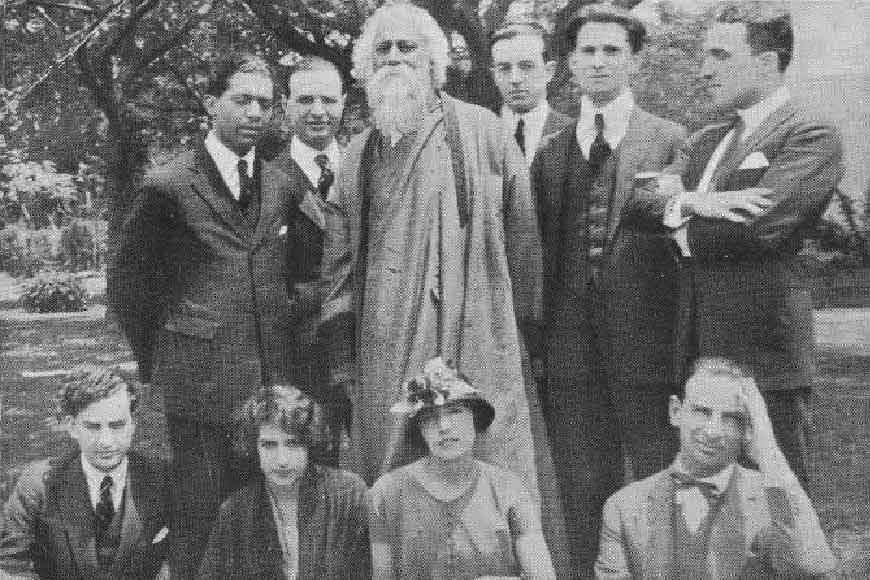
“When Tagore lived in San Isidro, I was impressed by the copy book where he was writing his Purabi poems in Bengali. He played with the erasures following them from verse to verse with his pen making lines that suddenly jumped into life out of this play; Prehistoric monsters, birds, faces appeared. The cancelled mistakes in Tagore’s poems gave birth to a world of forms that grinned, frowned or laughed at us in a mysterious and fascinating way. I begged him to let me photograph some of the pages. The permission was granted. The copy book I think was the beginning of Tagore, the painter, of his urge to translate the dreams with a pencil or a brush. I took such delight in his doodles that it encouraged him to go on. When I met him six years later in France, he was painting, not doodling. And the exhibition I arranged for him with the help of my friend’s friends was a success.”
It is interesting to note what Ocampo herself thought of the poem Videshini from his book Purabi. She wrote:
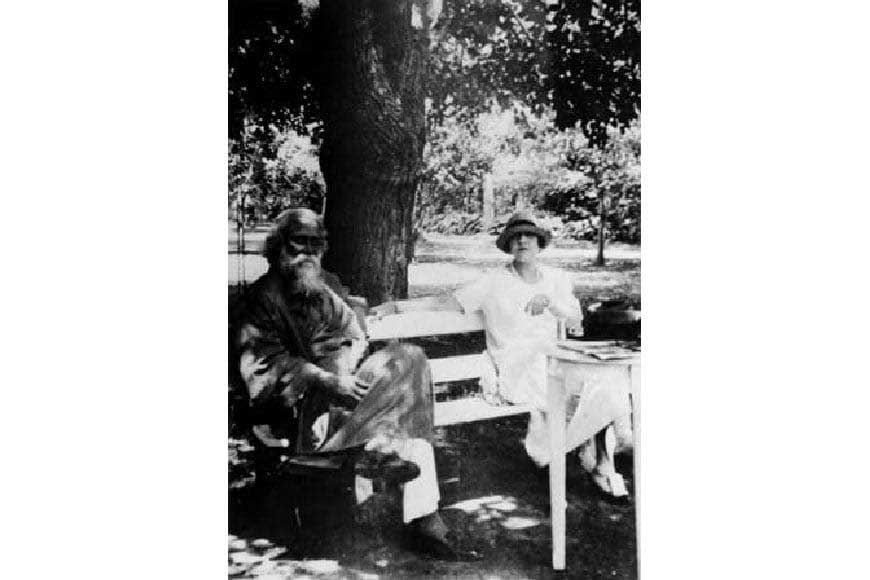
“I knew who Tagore was and his books had told me about him things that his actual presence now made complete, but Tagore could know nothing of the speechless creature I was except by intuition I know you O woman from a strange land. Your dwelling is across the sea. Did my silence really tell him my thoughts. I am afraid it did not. And that our knowledge of each other was extremely one sided. If I regret it, it is only because he could have never known how close to him that woman from a strange land was. How these two lands were against all appearances close to each other inspite the oceans and climates. He could never have known that listening to those songs which came across the sea, I seem to anticipate the words of our great Western Poet, St John Perse. Here I am restored to my native shore. There is no history but of the soul.”
(Source: Random Walk in Santiniketan Ashram by Susanta Dattagupta)






